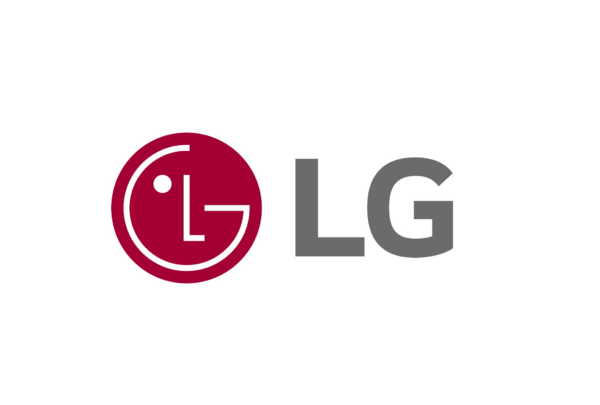Company Presents Its Exploration and Analysis of Key Technologies for
Robotics and the Metaverse at ICLR 2024 in Austria

SEOUL, May 23, 2024 — LG Electronics (LG) recently made an impactful presence at the International Conference on Learning Representations (ICLR) 2024 in Vienna, Austria, held from May 7 to 11. Out of the multitude of submissions, LG’s research paper secured a place among the top one percent to be presented at the conference, spotlighting the caliber of LG’s research efforts and cementing its position as a frontrunner in advancing crucial AI technologies across various domains such as robotics, the metaverse and smart homes.
A prestigious, international academic conference focused on deep-learning technology, ICLR consistently features in Google Scholar’s list of top publications in the Engineering & Computer Science subcategory. With an acceptance rate of 25 percent, ICLR maintains its reputation as a discerning platform for cutting-edge research.
LG’s research paper ‘DiffMatch: Diffusion Model for Dense Matching’ was recognized as being among the top one percent of submissions for ICLR 2024 and was selected for an oral presentation at the conference. The paper introduces an AI technology adept at comparing images to pinpoint similarities and variations, facilitating precise identification of object locations and shapes. This innovation holds promise for enhancing spatial recognition speed and accuracy in advanced robotics applications, allowing robots to navigate environments with changing object positions and lighting conditions efficiently.
In addition, LG’s paper titled ‘H2O-SDF Two-Phase Learning for 3D Indoor Reconstruction using Object Surface Fields,’ which focuses on a core technology for the metaverse, was recognized among the top five percentile of submissions and was chosen for a Spotlight presentation. The paper illustrates the utilization of AI to reproduce complex indoor spaces and details of object surfaces in a 3D virtual space. Using 2D images as source material, the AI can identify and render an interior structure – including walls, ceilings and pillars – in 3D. Following this, the technology leverages learned information to add fine details to furniture pieces, home appliances and other household objects, bringing a high degree of realism to virtual spaces. Suitable for diverse applications relating to the metaverse, LG’s innovative tech can also potentially be used to augment existing ‘digital twin’ software, which has become an essential tool for smart factories.
“By applying our own cutting-edge AI technologies to LG products and services, we will continue to make customers’ lives more convenient and enjoyable – whether it’s at home, at work or in the virtual realm,” said Kim Byoung-hoon, chief technology officer at LG Electronics.
Source: LG Newsroom, Link

Comments